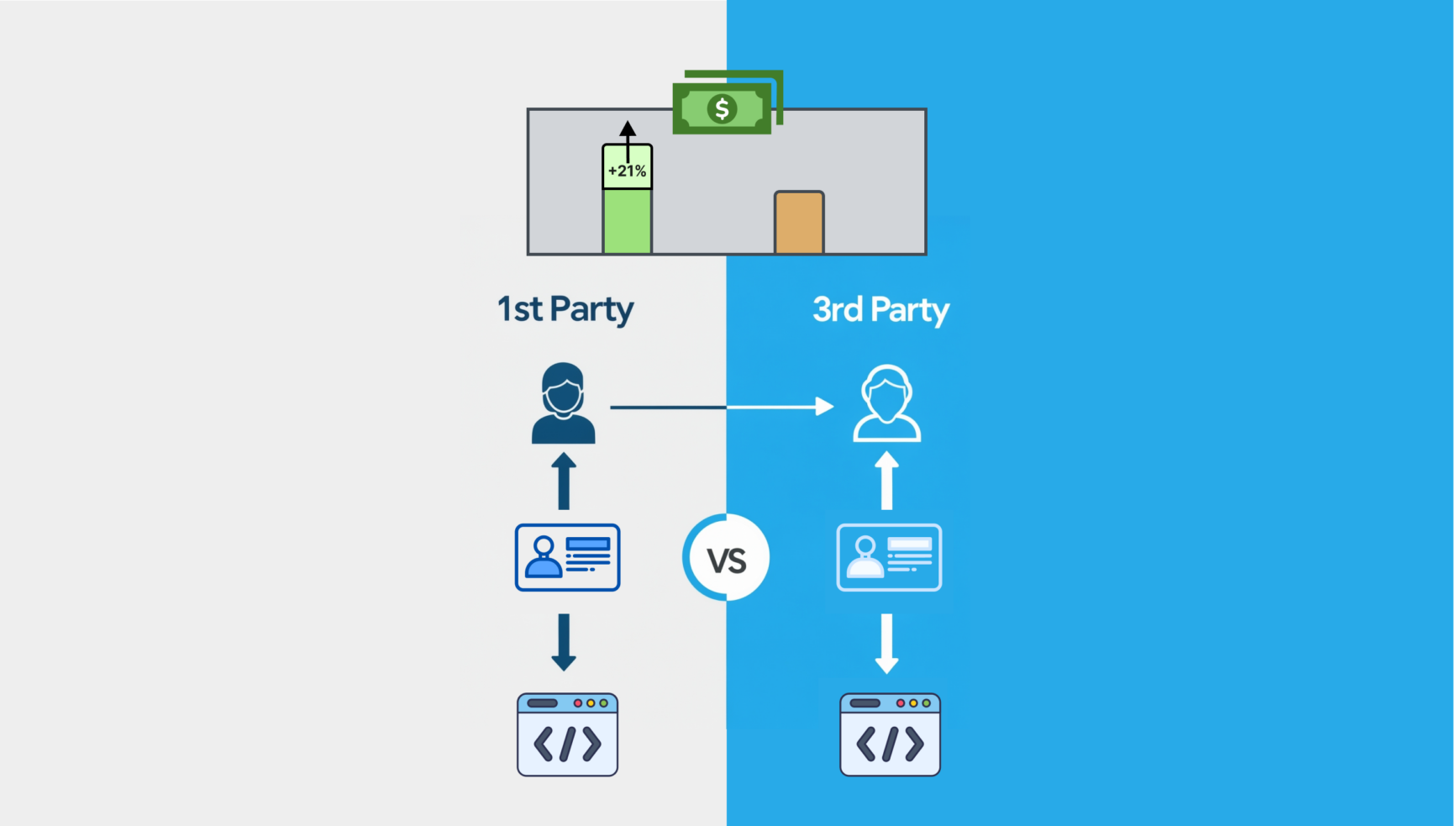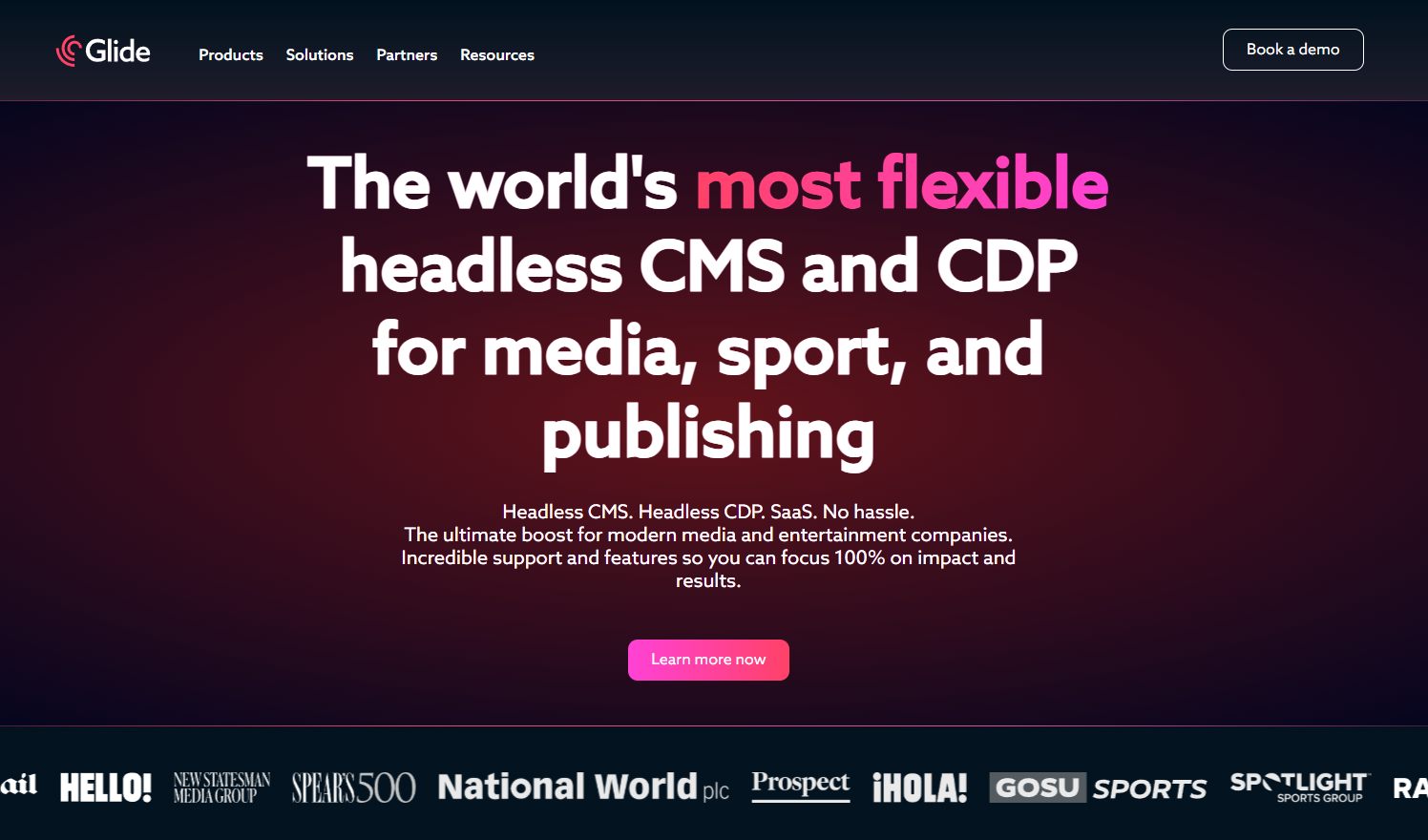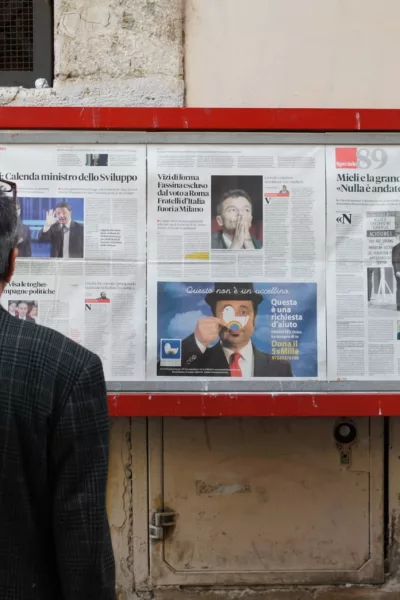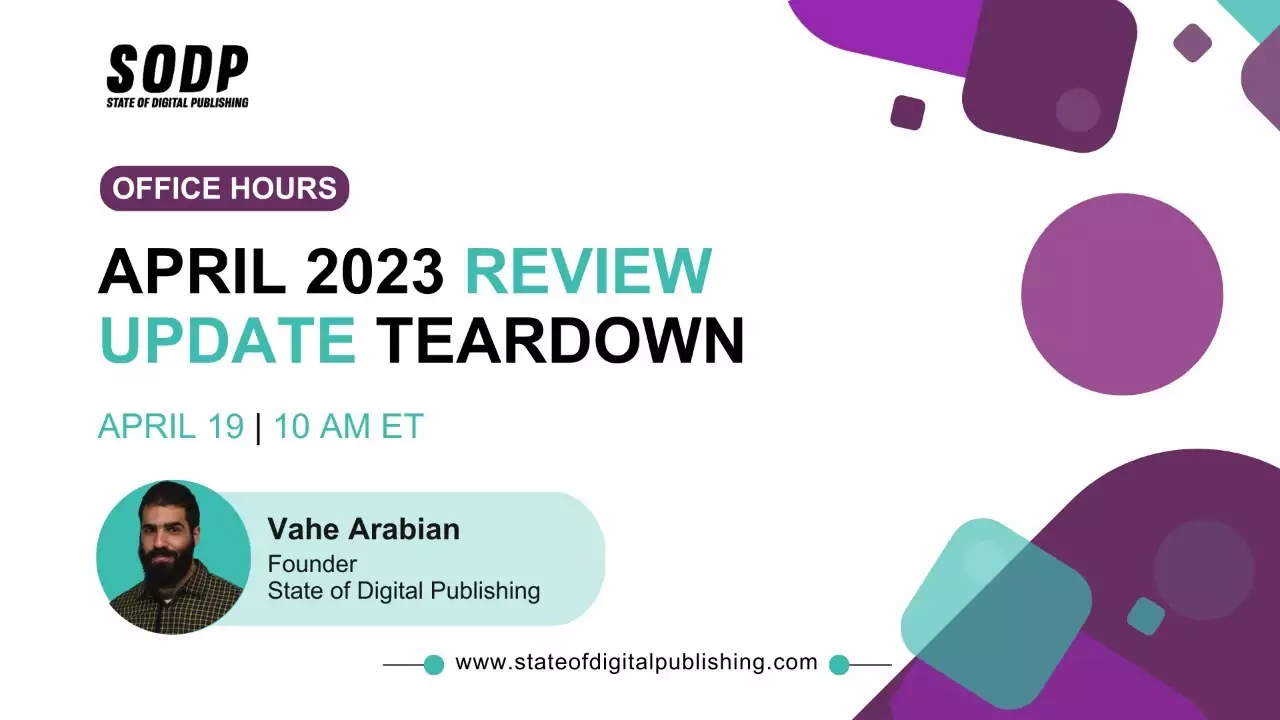What’s happening?
A group of Journalists, namely – Professor Rasmus Kleis Nielsen, Nic Newma, Dr Richard Fletche, and Dr Antonis Kalogeropoulos – researched the backdrop of rising populism, political and economic instability. The 2019 Reuters Digital News Report gives us a clear view of the current state of digital publishing, what’s currently at stake, and the amount of damage done by populism.
Why it matters:
The level of trust people have in the news media is decreasing day after day globally, as giant tech companies are overtaking the news industry by advertising on social media platforms. This drop-in news credibility is halting the growth of journalism and dissemination of valid information.
According to 2019 The Reuters Digital News Report, ‘Political polarisation has encouraged the growth of partisan agendas online, which together with clickbait and various forms of misinformation is helping to further undermine trust in media – raising new questions about how to deliver balanced and fair reporting in the digital age.’
Digging deeper:
The researchers mentioned earlier took their time to answer several questions bothering the average publisher. The questions and respective answers are as follows:
What is the attitude of readers towards pay models on news sites?
News agencies have taken a bold step toward independent journalism. This involves the launching of pay wall on news websites – an idea that is barely accepted among readers. Little increase in subscribers was reported as, “Growth is limited to a handful of countries mainly in the Nordic region (Norway 34%, Sweden 27%) while the number paying in the US (16%) remains stable after a big jump in 2017.”
The researchers realized that subscription fatigue is taking over since a good percentage of readers prefer subscribing to Netflix or Spotify rather than news. Most of the payments made in Norway and Sweden – the countries with a reasonable level of payment – are paid to “ONE online subscription – suggesting that ‘winner takes all’ dynamics are likely to be important. One encouraging development though is that most payments are now ‘ongoing’, rather than one-offs.”
How is the rise of social media platforms, such as WhatsApp and Instagram contributing to populism?
According to a report published by CNET, Facebook lost about 15 million US-based users in the last two years. This is bad news for journalists because Facebook is one of the leading sources of traffic for news sites. As Facebook is losing users, WhatsApp and Instagram are benefitting from the attention shift.
The Reuters Institute research shows that “Social communication around news is becoming more private as messaging apps continue to grow everywhere. WhatsApp has become a primary network for discussing and sharing news in non-Western countries like Brazil (53%) Malaysia (50%), and South Africa (49%).”
Misinformation on WhatsApp is fast-becoming a trend. Placing a limit on the number of people in a group and disbanding reported groups doesn’t stop the spread of fake news. The researchers surveyed people’s opinion on fake news and discovered that “In Brazil, 85% agree with a statement that they are worried about what is real and fake on the internet. The concern is also high in the UK (70%) and the US (67%), but much lower in Germany (38%) and the Netherlands (31%).”
How does the general public perceive content coming from news agencies?
As seen in the report, the lack of trust in news content coming from journalists is not encouraging, but the lack of trust among readers is not restricted to a particular country or continent.
The report revealed that “Across all countries, the average level of trust in the news, in general, is down 2 percentage points to 42% and less than half (49%) agree that they trust the news media they use. Trust levels in France have fallen to just 24% (-11) in the last year as the media have come under attack over their coverage of the Yellow Vests movement. Trust in the news found via search (33%) and social media remains stable but extremely low (23%).”
Does an individual’s level of education affect his/her judgment, regarding news credibility?
Content from our partners
How we perceive the world largely depends on our religion, background, race, and most importantly, education. The role of education cannot be overemphasized, as it gives the human race a clear picture of how the society works.
Even though educated citizens understand the need for an independent media, the uneducated population disagrees, as they believe “the news agenda is more geared towards the interests and needs of the more educated.”
Bottom Line:
Tables are turned and journalism is at the receiving end of this paradigm shift. WhatsApp and Instagram have gained more ground, making misinformation easier. This would persist until newsrooms figure out a way to become financially turgid enough to bypass and compete with giant tech companies, such as Google, Twitter and Facebook.












